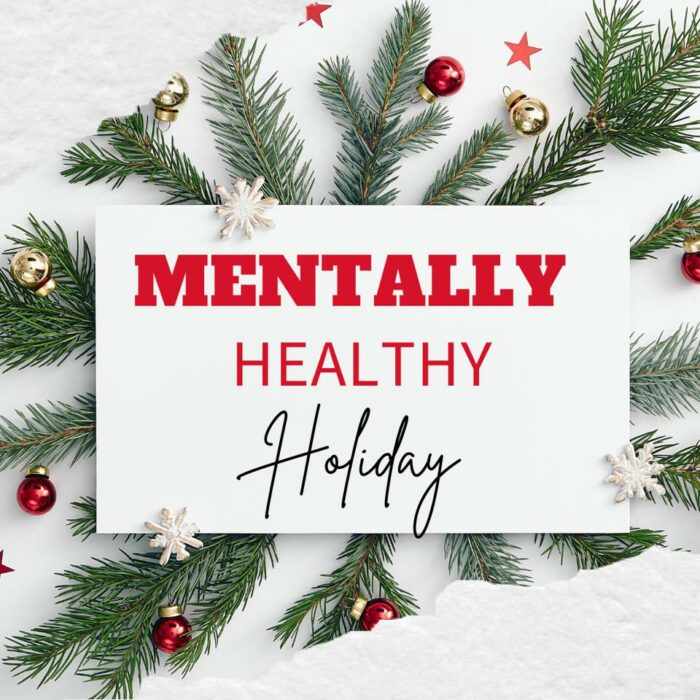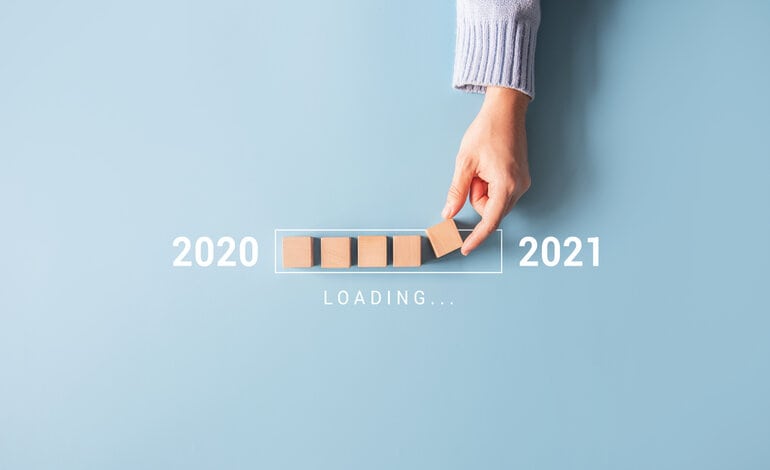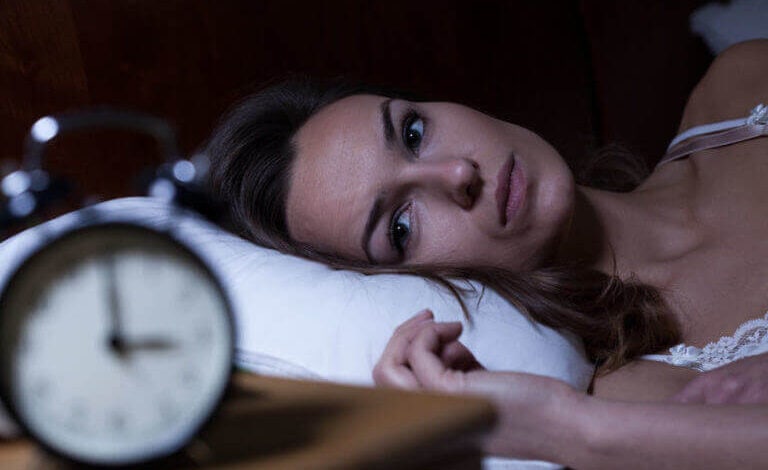Feeling stressed, lonely, or sad around the holidays?
Change your routine!
KEY POINTS
- Identify your triggers.
- Give yourself permission to feel your emotions.
- Limit or take a break from social media.
- Practice self-compassion this holiday season.
For many, the holidays can bring about feelings of depression, anxiety, envy, and even dread and despair, rather than joy and merriment. These holiday blues can stem from a variety of factors such as preexisting mental health issues, seasonal affective disorder, a recent loss, the anniversary of the loss of a loved one, jam-packed social commitments, emotional and financial pressures from family and friends, and family strife.
Social media can also be a major contributor to holiday-related stress. For those already feeling more isolated, lonely, or sad during the holiday season, social media interactions may intensify these negative feelings. Time spent scrolling through social media platforms like Facebook, Instagram, and TikTok viewing posts, pictures, and videos of virtual friends or social influencers showcasing their holiday festivities can stir up feelings of envy, shame, loss, and upward comparisons. Upward comparisons are made when we compare ourselves to people we believe are better or superior to us. Not surprisingly, upward comparisons tend to erode self-esteem and emotional well-being.
The good news is there are ways in which you can plan for and protect your mental health during the holiday season. Below are some suggestions:
- Identify your holiday triggers. Triggers are people, places, and things that remind us of a past trauma or upsetting event. Some examples of holiday triggers might be stressful or traumatic memories, stressful family relationships, or the anniversary of the loss of a loved one. Knowing your own unique holiday triggers helps to curb emotional reactivity and for putting plans in place to reduce holiday-related stress. An example of a plan could be engaging in self-soothing practices like taking warm baths, going for walks, or watching comedy or board games.
- Give yourself permission to feel your emotions. In a gentle and loving inner voice, tell yourself it’s really OK if you’re not feeling particularly “merry or joyous” this holiday season. Giving yourself permission to feel your emotions—including envy, resentment, or loss—can go a long way in helping to reduce holiday-related stress and depression. In general, this might seem counterintuitive, but denying negative feelings or berating ourselves for feeling bad tends to result in us feeling worse, not better.
- Limit or take a break from social media. This is easier said than done for most, but mindfully limiting or taking breaks from social media can save you from engaging in the self-sabotaging cycle of “compare and despair.” For some, placing firm limits and boundaries around social media use can be imperative for protecting your mental health during the holiday season.
- Practice self-compassion this holiday season. We are more likely to be critical of ourselves when we feel down or ashamed. One way you can practice self-compassion this holiday season is by treating yourself as you would a good friend—for example, use self-talk that includes comforting or affectionate words, like “dear.” Physical touch, such as giving yourself hugs, is another example of self-compassion.
- Reach out. If your usual pattern is to feel more lonely, depressed, or isolated during the holiday season, being proactive can help reduce these negative feelings. Make plans with trusted friends and family, or mindfully stay connected with others through digital platforms.
Talk with a mental health professional. Sometimes our own efforts to improve our holiday-related stress or our emotional health around this time of year are not as effective as we had hoped. When this happens it’s important to give yourself permission to ask for help. Call us, we can help!




